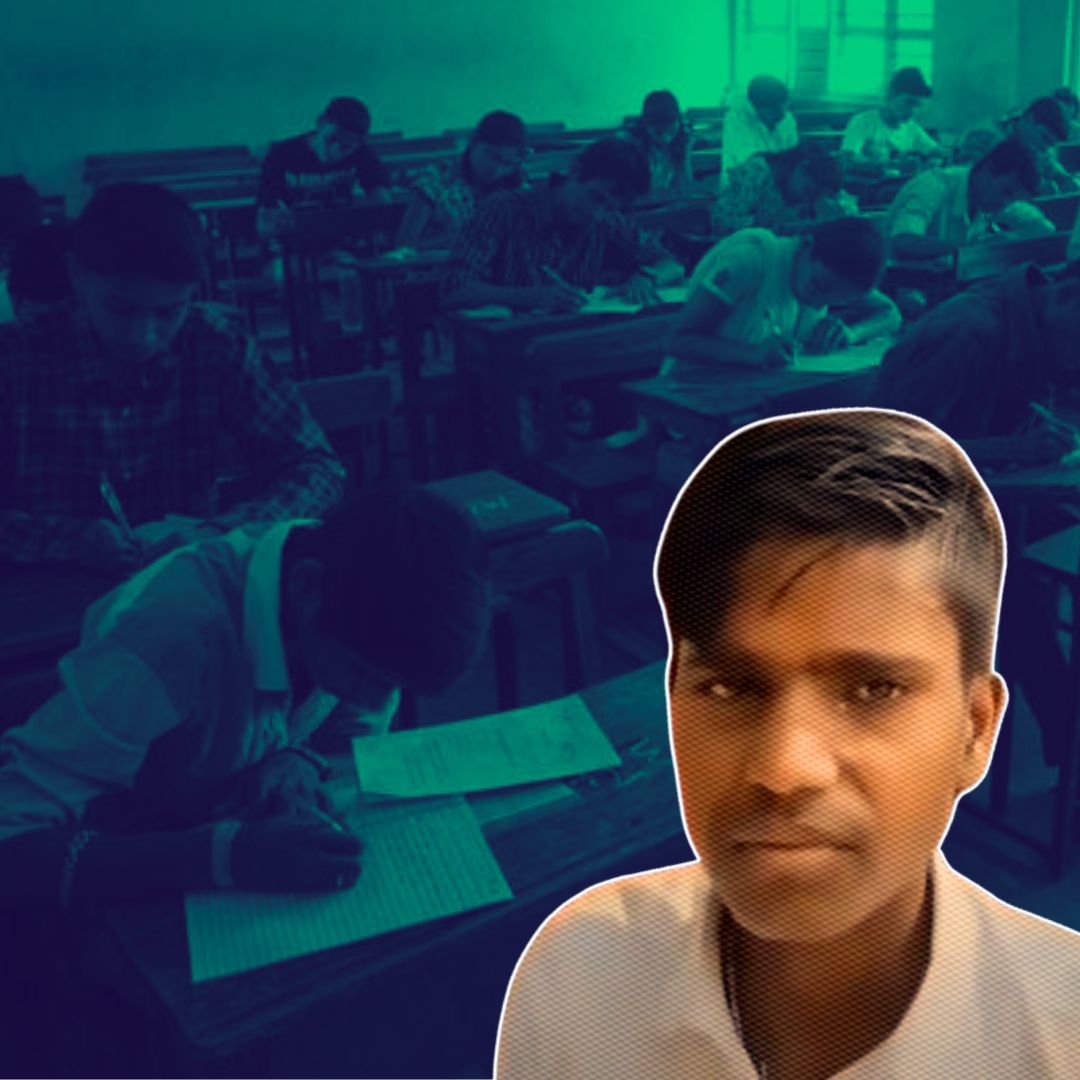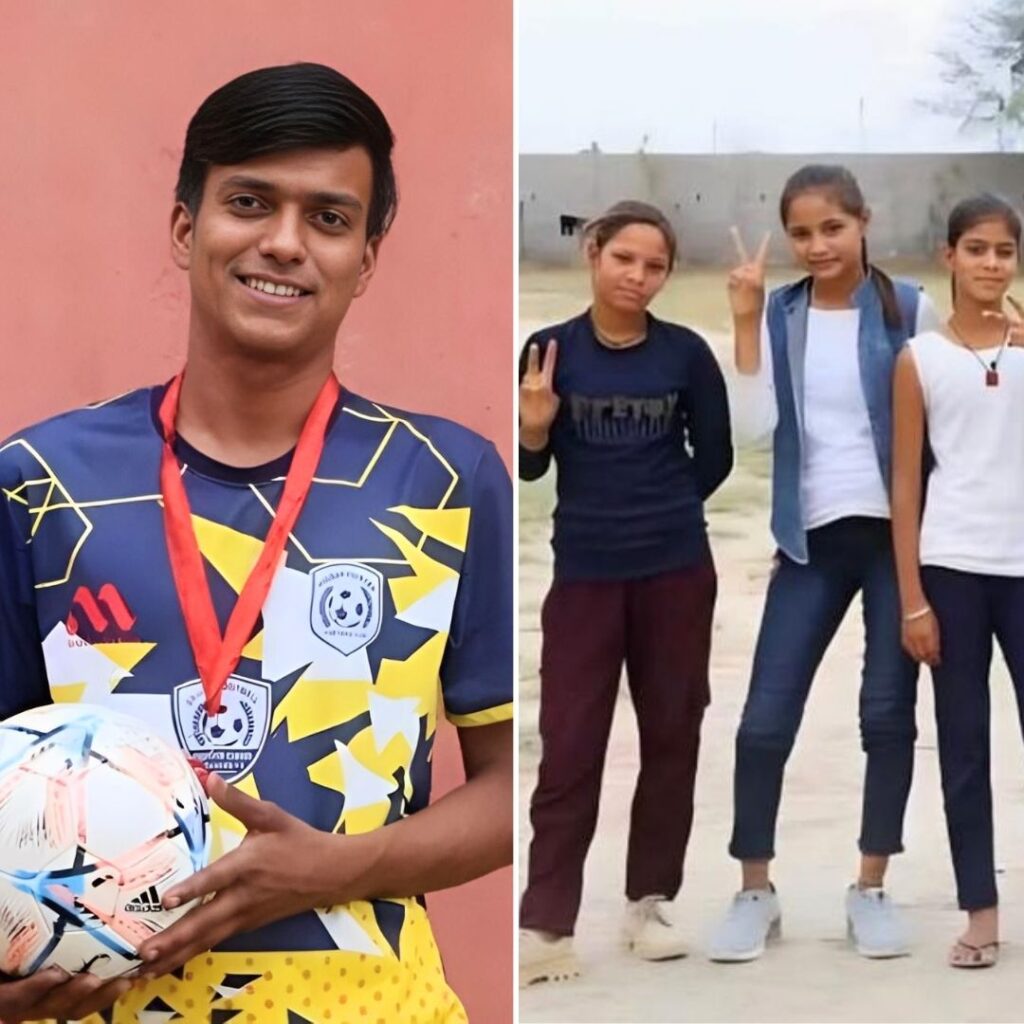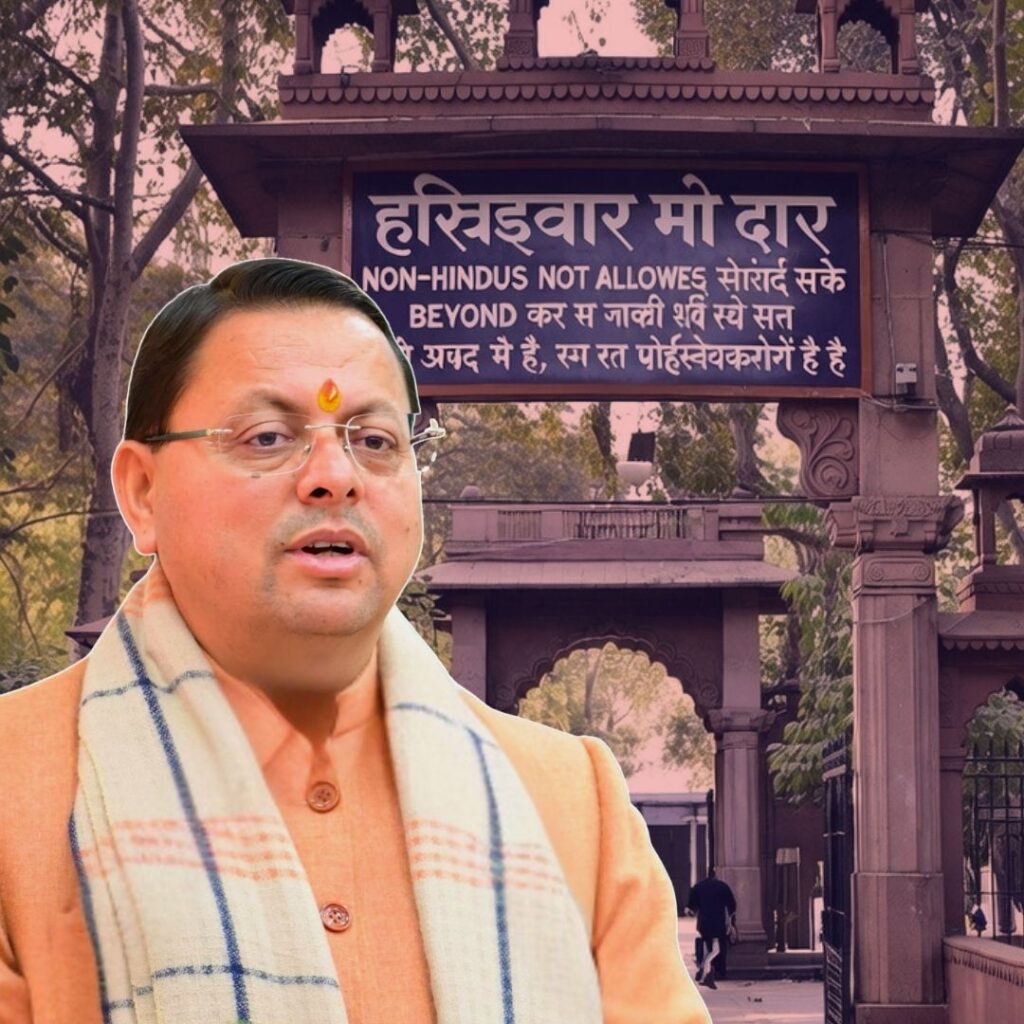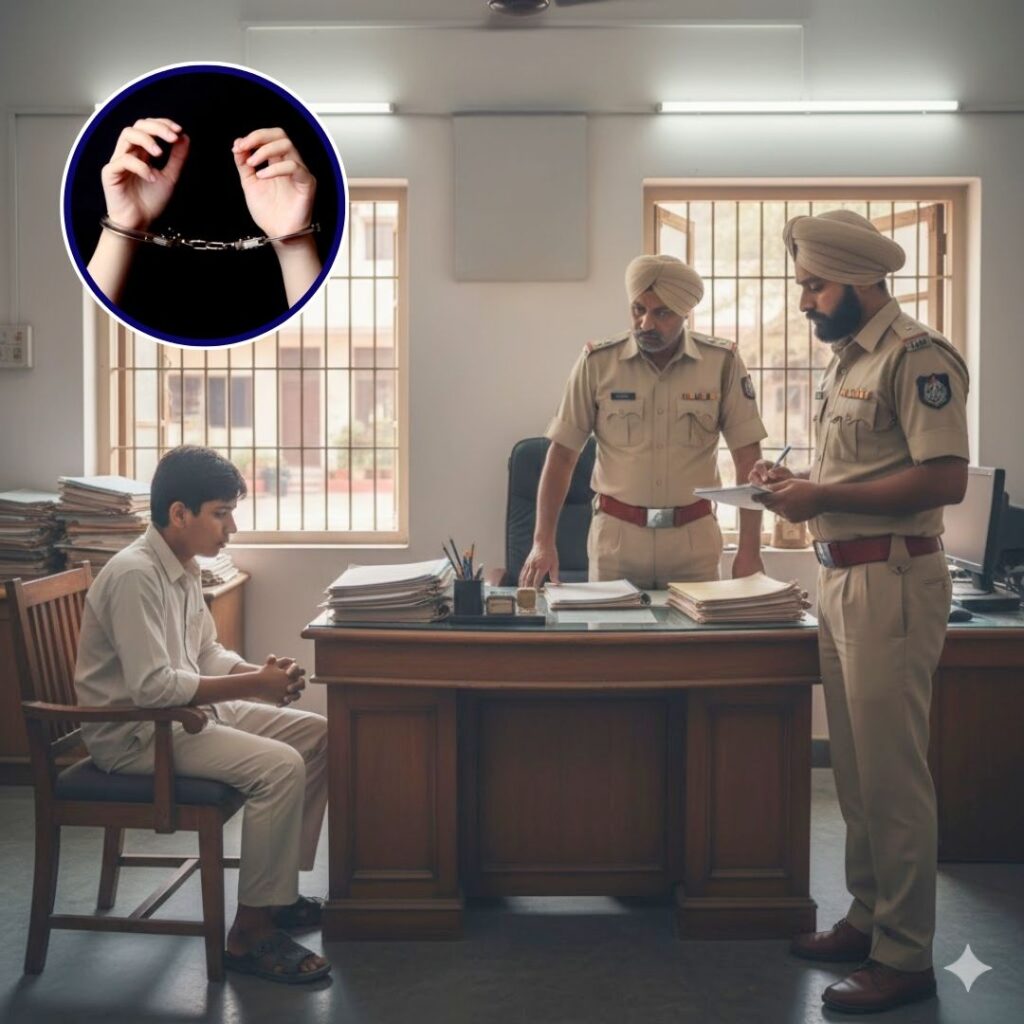Ramkeval, a 15-year-old from the remote Dalit-majority village of Nizampur in Barabanki district, Uttar Pradesh, has made history by becoming the first student from his village to clear the Class 10 board exams since India’s independence in 1947.
Despite severe financial constraints, Ramkeval worked as a light carrier at wedding functions, earning Rs 250-300 per day, while studying diligently under a solar lamp for two hours each night. District officials, including District Magistrate Shashank Tripathi and the District Inspector of Schools O P Tripathi, publicly recognised his achievement and pledged to provide him with full support for further education.
Ramkeval dreams of becoming an engineer and has become an inspiration for many youths in his village who previously saw education as an unattainable goal.

Breaking a 78-Year Educational Barrier in Nizampur
Nizampur is a small, impoverished village of approximately 300 residents, predominantly from the Dalit community, where no student had passed the Class 10 examination for nearly eight decades. The village school only offers education up to Class 5, compelling children to travel to nearby Ahmedpur town for higher studies.
Ramkeval, the eldest of four siblings, faced multiple challenges in his pursuit of education. “Many villagers doubted me and even mocked my ambitions, saying I would fail,” Ramkeval shared. However, his parents, Pushpa and Jagdish, despite their limited education and modest incomes, encouraged him to persevere.
Pushpa works as a cook at the village primary school, while Jagdish is a daily wage labourer. Ramkeval’s success is not only a personal triumph but a milestone for the entire community, which has long struggled with poverty and limited access to education.
Perseverance Amidst Poverty: The Road to Success
Ramkeval’s journey was marked by hardship and determination. To support his family financially, he took up work carrying battery-powered lamps at weddings, earning Rs 250-300 per event, working 20 to 40 days annually. Despite these responsibilities, he dedicated two hours every night to studying, often under the dim glow of a solar lamp due to lack of electricity.
His commitment has inspired other village youths such as Mukesh and Lovelesh to continue their education despite socio-economic challenges. District Magistrate Shashank Tripathi lauded Ramkeval’s achievement, stating, “His success is a beacon of hope for many children in backward areas.
We will ensure he receives all necessary support to pursue higher education.” The District Inspector of Schools, O P Tripathi, echoed this sentiment, promising to facilitate scholarships and infrastructure improvements in the region.
The Logical Indian’s Perspective
Ramkeval’s story exemplifies the extraordinary power of determination and education to transcend systemic barriers in marginalised communities. It highlights the critical need for targeted government interventions and community engagement to provide equitable access to quality education, especially in remote and socio-economically disadvantaged areas.
At The Logical Indian, we believe that such inspiring narratives should galvanise policymakers, educators, and citizens alike to collaborate in dismantling the obstacles that hinder educational attainment. This success story is a reminder that with empathy, support, and opportunity, every child’s potential can be realised, fostering social harmony and progress.
How can we, as a society, strengthen our efforts to ensure that no child’s dreams are limited by their circumstances? We invite our readers to share their insights and experiences to nurture a collective vision for a more inclusive and empowered India.












